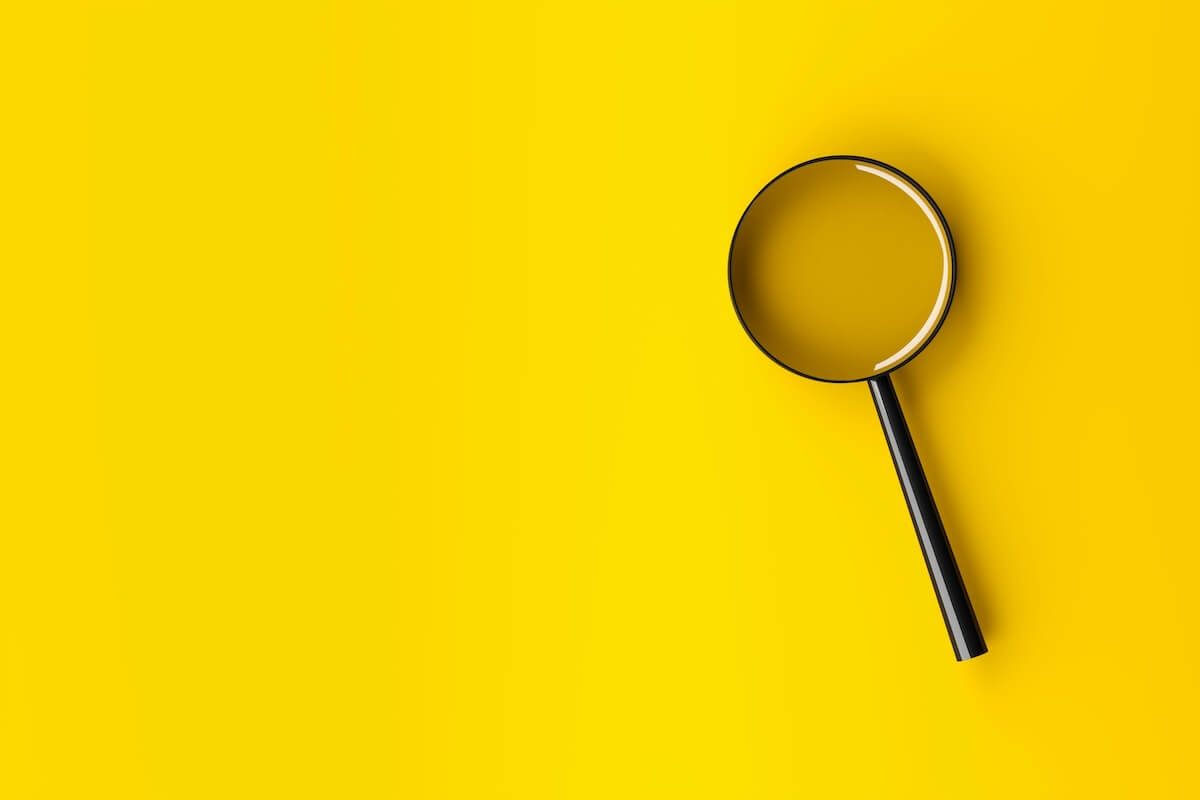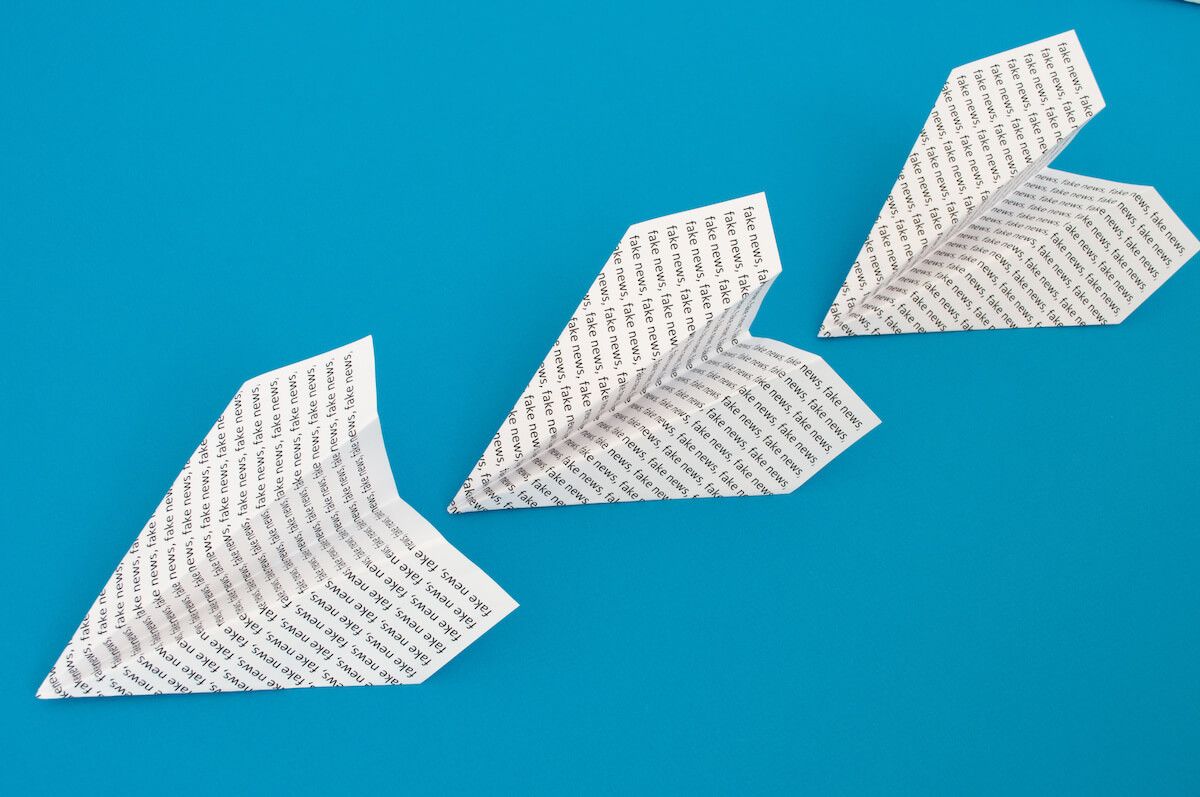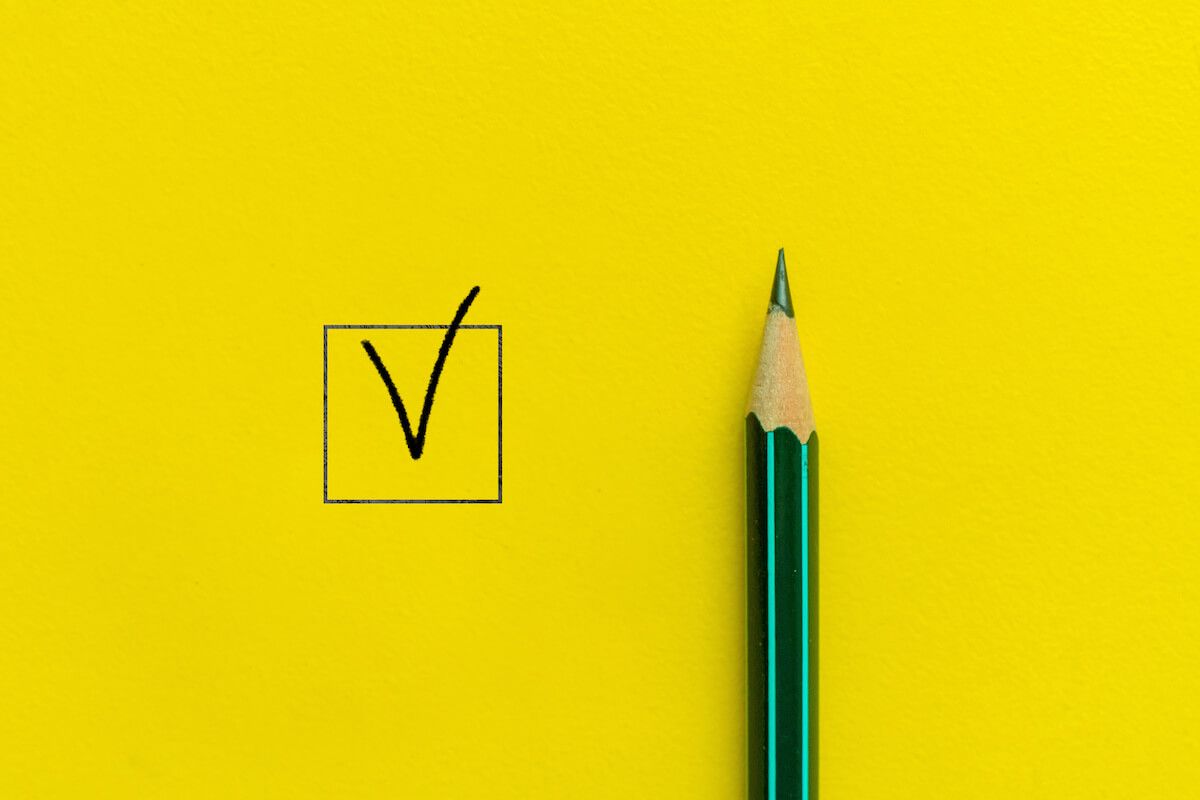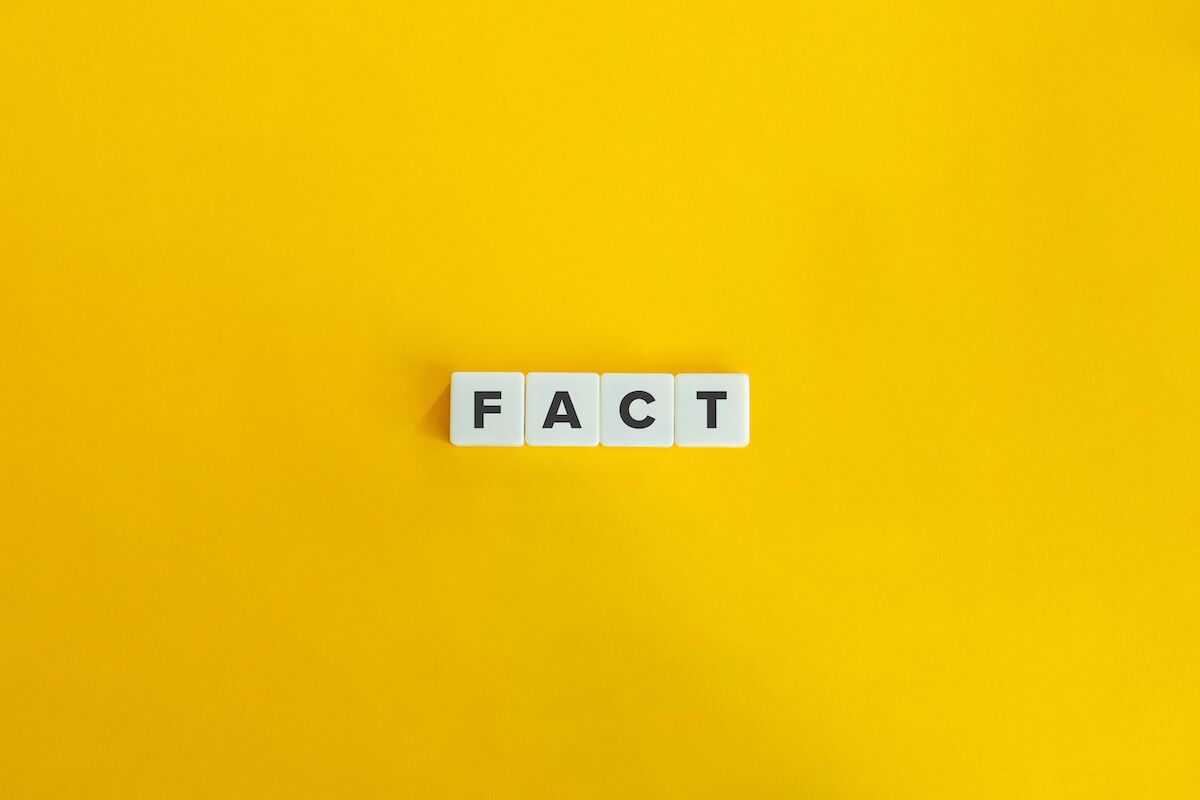Today, with any type of information available on the internet at the touch of a button, we can learn nearly anything.
Trying to remember an obscure fact about a critical thinking model while riding the train? No worries, you can find several before you arrive at your stop. Thinking about how to create a writing schedule while tossing and turning at 2 AM? Not a problem. You can find a long list of options faster than you can count sheep.
The ease of access, however, comes with a responsibility.
Before the internet, people relied on gatekeepers like professors or librarians to guide them toward reliable information. These days, anything can be published online without any vetting.
That means it's up to us to determine the reliability of the information we consume.
What's the best way to determine the credibility of a source? And how do you find them in the first place? Here’s a five-step guide on how to find a reliable source the next time you need information.

There are several ways to find information when researching a new topic, such as using search engines, reading reference materials, or asking others. While each source of information is valuable, they're not all created equal — some sources are reliable, while others are not.
A reliable source is a provider you can trust to give accurate information. These resources have been vetted by experts in the field and are typically from authoritative organizations. Reliable sources of information will have a few things in common. They are:
On the other hand, unreliable sources of information can be biased, incorrect, or out-of-date. They might also contain false or unsubstantiated claims. When looking for information, it's important to distinguish between unreliable and reliable sources. Tools like Google’s Fact Check Explorer and websites like FactCheck.org can help you evaluate them.
There are several types of sources you can use for learning, writing, or building your personal knowledge management system. Knowing their differences is essential since each resource has its own use. Here are some common types of sources:
Which source is best depends on your needs. For example, if you need factual information, like statistics or dates, you might want to use a reference source like an encyclopedia or academic journal. If you're looking for an expert opinion on a topic, you might want to read a book or article written by an authority in the field. University libraries, academic sources (ending in .edu), and government websites (ending in .gov) are usually safe bets for finding good sources of reliable information.

You must use credible sources whenever you're learning new things or writing about a topic. Getting your information from reliable sources ensures that your work is accurate and informed. It also shows others that you've done due diligence and are using the most up-to-date information available, which increases the credibility of your work. Not only does this make you more trustworthy, but it gives you peace of mind knowing that you're using reliable information.
If you don't use reliable sources, you risk perpetuating false information or making claims that can't be substantiated. This can damage your credibility as a student or professional and even have serious consequences. For example, if you're writing a research paper for school and use false information, you could get a lower grade or even fail the assignment. If you make a presentation at work based on inaccurate data, you could damage your reputation or lose the trust of your colleagues. In some cases, using unreliable sources can even lead to legal action.

Learning how to find a reliable source is an important skill to develop, whether you're a student, professional, or lifelong self-learner who wants to build personal knowledge. Research shows that learning fact-checking strategies can significantly improve effectiveness of evaluating sources. All it requires is a willingness to question the information you're presented with and using your critical thinking skills.
To make the process a bit easier, Sarah Blakeslee, librarian and faculty member at California State University, Chico, created a checklist of questions for students to ask when evaluating a source. Now known as the CRAAP Test, this science-backed tool is the standard measure for evaluating reliable sources of information. Let's take a closer look at how it works.
The date of publication is a critical criterion to evaluate. Its importance depends mainly on the type of information you're researching. When searching for data that evolves quickly, like current events, you'll want to find the most recent source possible. If you were looking for data on Coronavirus cases in your area today, for instance, you would want a regularly updated source, such as your local health department. In these cases, out-of-date information can be irrelevant and, worse, dangerous.
On the other hand, if you're researching a topic with more static information, like the history of the civil rights movement, an older option can still contain reliable information. Date information in these instances can be helpful to determine how accurate and well-researched a source is. Because experts have had more time to vet a long-established source, it's more likely to be reliable than a new source. For example, a 20-year-old study on the health effects of a particular chemical is likely to be more reliable than a 2-year-old study.
When in doubt: Consider how important the timeliness of the information is to your research question.
The second question on the CRAAP test questions relevance. In other words, does the resource actually address the issue you're researching? Good sources will be focused and specific. They’ll simplify complexities so they’re understandable and won't provide information that's only vaguely related to your topic.
To determine source credibility, consider how vital specific criteria are to your topic and how the source addresses them. A good start is to examine the title, abstract, and table of contents (if available) to get a sense of the focus and scope of the work. The authority of your source is also a helpful consideration. For instance, if you need reliable information on the economics of climate change, a report found in JSTOR, a database of academic journals, is more relevant than a blog post.
When in doubt: Consider what is most relevant to your research question and use that to help determine if a source will have reliable information.
Considering the authority of your sources is another critical criterion for finding good sources. Ask yourself questions such as who wrote it and why you should trust them? Who published the information, and where?
One key place to look is the author's credentials. Do they have the expertise needed to write on the topic? You can often find this information in their biographical statement or a quick Google search. You'll also want to check the author's affiliations, which can give clues about their biases. In the climate change example, for instance, an article from the president of an oil company is likely to have a much different perspective than one from a scientist affiliated with an official environmental organization.
Another important consideration is the source's publisher. Is it a peer-reviewed article in an academic journal or an online blog? Peer-reviewed journals are a good indicator of quality because these scholarly articles must go through a rigorous review process before publication. While blogs can be written by experts, they aren't usually reviewed before publication, so they may not be as accurate.
When in doubt: Consider who wrote the piece and why, and check to see if the source is peer-reviewed.

Accuracy is another key criterion for finding reliable sources. This includes factual errors and false information, as well as misrepresentations of data. This area requires critical thinking and problem-solving skills to determine how well the author supports their claims.
The best place to start is with yourself. Are there any truths you can personally verify? Follow this up by checking where the author received their information. Have they included citations or a list of references? If so, are they credible sources? Checking the author's sources can help you determine how accurate their information is by how well it's been corroborated by others.
Check for mechanical errors that may indicate carelessness, such as spelling or typos. If an article contains these errors, it likely hasn't been carefully edited and may be an unreliable source.
When in doubt: A little critical thinking and fact-checking can go a long way in determining reliable sources.
Why did the author write this piece? Understanding the author's intent for sharing the information can help you decide how much weight to give it.
Consider these factors when trying to understand a source's purpose:
Keep in mind that not all sources will be objective. In fact, most resources will have some bias, and this doesn't necessarily make them unreliable sources. The key is to be aware of the biases and consider them when evaluating the information. Tools like this media bias chart to help you determine what might influence your source.
When in doubt: Try to understand the author's purpose for writing and how that may influence the content of their piece.
In these days of information overload, there are a lot of inaccurate sources on the internet. Knowing how to find reliable sources to learn, understand, and share accurate information is essential. By avoiding biased or incorrect information, you can protect your reputation and the trust of your peers and leaders. Always use sources that are CRAAP-tested to make sure they are reliable. By following these simple steps, you can ensure that the information you share is accurate and trustworthy.
I hope you have enjoyed reading this article. Feel free to share, recommend and connect 🙏
Connect with me on Twitter 👉 https://twitter.com/iamborisv
And follow Able's journey on Twitter: https://twitter.com/meet_able
And subscribe to our newsletter to read more valuable articles before it gets published on our blog.
Now we're building a Discord community of like-minded people, and we would be honoured and delighted to see you there.